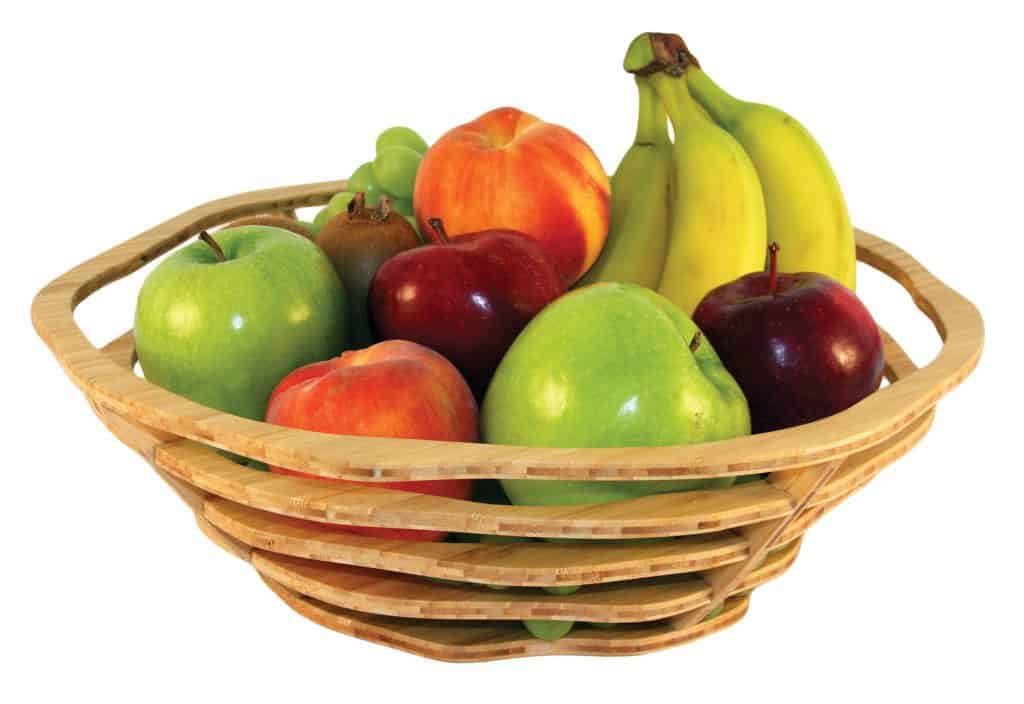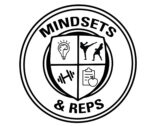The question I get most often as a nutritionist, by far, is this:
“Is this food good or bad?”
Fill in the blank with whatever food you want. In society there is this pressing need to give everything a label, to draw a line in the sand and make people pick a side. But when you look at every controversial subject, the true solution lies somewhere in the middle. There’s always some sort of compromise. Nutrition is no different. People are looking for some sort of healthy and unhealthy food list. Yes, there are a few foods that are unequivocally good/healthy. Most cruciferous vegetables or leafy greens are nutrient-dense and low in calories. Hard to argue that those aren’t good for you. In turn, there are a few foods that are unequivocally bad/unhealthy. Desserts and fast food are high in calories and low in fiber, protein, and nutrients. As much as we love them, we know deep down it’s not a good idea to have it on a regular basis.
Those examples are obvious, no one will really argue unless they’re a massive pain in the ass playing devil’s advocate. What about everything else though? Let’s look at fruit. Fruit has a lot of sugar, so it must be bad right? But it also has vitamins, minerals, high water content and different types of fiber, so in that case it must be good? Here’s where the need to be black and white about nutrition hits a major roadblock.

Rather than looking at food as inherently good or bad, think of it is as a continuum. On one end are the vegetables and on the other end are the junk foods, but most stuff falls in between. Let’s go back to fruit. I think we would agree that it does more good than harm, so it would lie closer to the “good” end of the spectrum. What about a bagel? The carb source is 100% glucose, which is great usable energy for physical activity. It has some vitamins and minerals, but nothing too extraordinary. It’s also a refined grain that will spike insulin and blood sugar, and some people have an issue digesting them. Obvious pros and cons here, but I think it’s safe to say it lies more toward middle to “bad” end of the spectrum. You can weigh these options with literally every food out there.
What’s even more important than the continuum is the context. Should a person with a sedentary lifestyle, who performs no physical activity, and has a poor diet as it is be eating cheese on a regular basis? Probably not. Is cheese a good option for a lacto vegetarian who lifts five days a week but struggles to get adequate protein in day by day? Absolutely. The situation will dictate the answer to your “good or bad” question more than anything else.
So when anyone asks me if a food is good or bad, I’ll always say it depends. And while it may seem like a cop out since I’m not giving a straight answer, it’s the truth. I’d be doing you a disservice by telling you yes or no without asking a few followup questions. If you’re willing to tell me about your situation I’ll give a real answer that’s valuable to you based on your lifestyle and goals.
As mentioned in the introduction of this blog, very few things in life are straightforward. Nutrition is unique in many ways. Even nutrition research studies can be interpreted in different manners, especially correlation studies (studies that look at the health habits of different populations and try to draw conclusions based on that information). Correlation does not always equal causation, which is a tough pill to swallow when trying to find definitive answers. Due to the ethical limitations of research, it’s often all we have. For example, we can’t put a group of people on a specific diet and see if they develop cancer, that’s completely unethical and illegal. Often we have to use these correlative studies or studies on mice and roll with it. Then you run into individuals who have an agenda and treat the one study that supports their theory as gospel. You can see how this whole thing can become a mess.
My advice would be to look at things with an open mind. There are a handful of people in the industry that I trust. Ironically, many of them have opposing viewpoints. But I think it’s important to look at things from every angle. We haven’t even scratched the surface with health research. Until then, I’ll take everything into consideration and draw my own conclusions.
